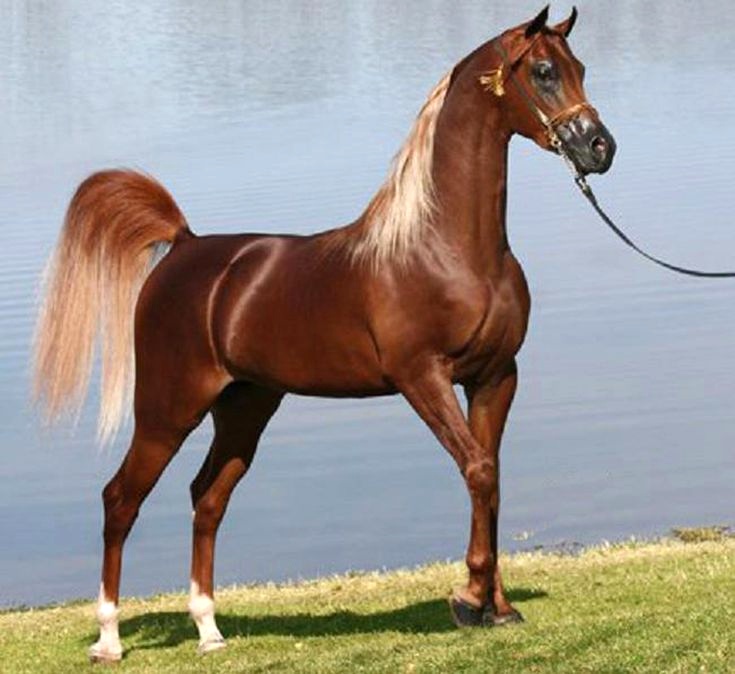When winter approaches, horse owners need to consider the effects of cold temperatures on their equine friends. Although horses are well-equipped to handle cold weather, there are certain thresholds that, when exceeded, can be dangerous or even fatal for horses. Therefore, it’s important for horse owners to understand how cold is too cold for horses to be out and take the necessary precautions to protect them.
Understanding Your Horse’s Natural Heat Retention
Horses have evolved to tolerate cold temperatures due to their natural heat retention. Horses have a thick coat of fur that helps to insulate them, and they can generate additional warmth by using their muscles to create heat. Additionally, horses have the ability to fluff up their fur to increase their insulation. Despite these adaptations, horses must still be protected from extreme cold.
The Effects of Cold Weather on Horses
Cold temperatures can cause a number of issues for horses. In extreme cases, the cold can be fatal. The most common health risks associated with cold weather include dehydration, hypothermia, colic, and respiratory diseases. While these conditions can be serious, they can be avoided or minimized with proper care and management.
Dehydration
Horses are less likely to drink in cold weather, which can lead to dehydration. When horses are dehydrated, their blood volume decreases and their body temperature drops, making them more susceptible to cold temperatures. Additionally, dehydration can lead to impaction colic, which can be fatal. To prevent dehydration, make sure that your horse has access to fresh, clean water at all times.
Hypothermia
Hypothermia, or a dangerously low body temperature, is a major risk in cold weather. Horses’ body temperature is normally around 101-102 degrees Fahrenheit, and when their temperature drops below 95 degrees, they can develop hypothermia. Signs of hypothermia include shivering, lethargy, and muscle stiffness. If your horse is showing signs of hypothermia, you should call your vet immediately.
Colic
Colic, or abdominal pain, is another concern in cold weather. Cold weather can cause the muscles in the intestines to spasm and contract, leading to colic. Colic can be fatal, so it’s important to be aware of the signs and to call your vet right away if you suspect your horse is colicking.
Respiratory Diseases
Cold temperatures can also lead to respiratory diseases in horses. When the air is cold and dry, it can cause the airways to become inflamed, leading to coughing and difficulty breathing. It’s important to monitor your horse’s respiratory health and to call your vet if you suspect your horse is having difficulty breathing.
What Temperature is Too Cold for Horses?
The exact temperature that is too cold for horses can vary based on a number of factors, such as the horse’s age, breed, and health status. Generally speaking, horses should not be kept outside in temperatures that are below freezing for extended periods of time. Additionally, wind chill should be taken into consideration, as cold winds can increase the risk of cold-related health problems.
How to Protect Your Horse from the Cold
There are a number of steps you can take to protect your horse from the cold. The most important step is to provide shelter from the elements. If possible, provide a well-ventilated shelter with a dry, warm bedding to help insulate your horse from the cold. Additionally, you should provide your horse with plenty of fresh, clean water and feed a high-quality hay to help keep them warm. You can also provide your horse with a blanket or a coat to help protect them from the cold.
Conclusion
Horses are well-equipped to handle cold temperatures, but there are certain thresholds that, when exceeded, can be dangerous or even fatal. It’s important for horse owners to understand how cold is too cold for horses to be out and take the necessary precautions to protect them. By providing your horse with shelter, plenty of water, good-quality hay, and a blanket or coat, you can help keep them safe and healthy in cold weather.

